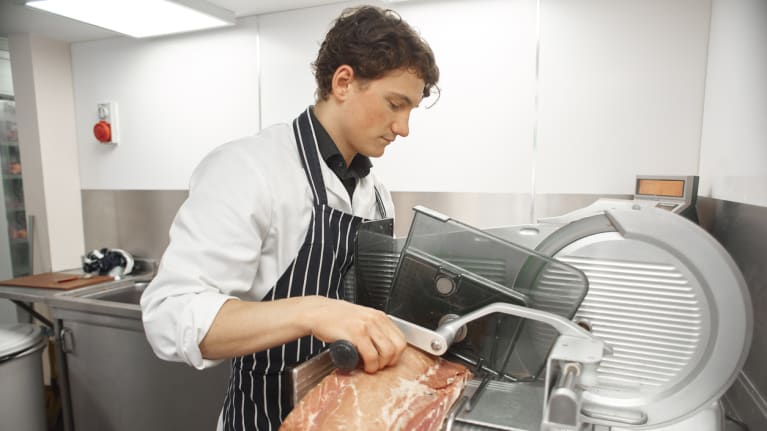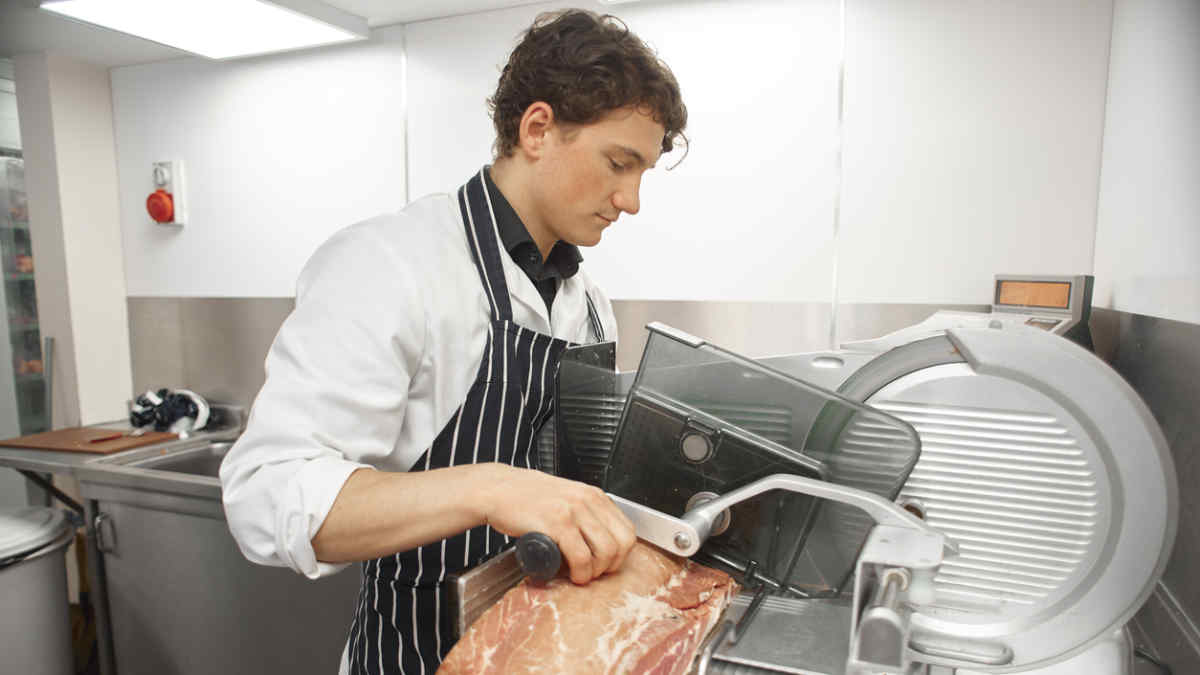

?A pair of bills recently introduced in Congress would boost the financial penalties on employers that violate federal child labor laws.
The Justice for Exploited Children Act in the U.S. House of Representatives and the Child Labor Prevention Act in the Senate share similar goals and provisions. Currently, the maximum penalty is $15,138 for routine violations and $68,801 for violations that cause the serious injury or death of a minor.
Both bills would raise the penalties to:
- $5,000 minimum and $132,270 maximum for routine violations.
- $25,000 minimum and $601,150 maximum for each violation that causes the serious injury or death of a minor.
The Child Labor Prevention Act would go further by:
- Indexing the penalties to the Consumer Price Index so they increase over time.
- Establishing criminal penalties for a repeat or willful violation of child labor laws to include a fine of up to $50,000 and a year in jail.
- Ensuring that all working minors are covered by the Fair Labor Standards Act (FLSA), even if they are classified as independent contractors.
“With the political divide that exists in D.C. today, the likelihood of passage is quite low in my mind,” said Ralph Smith, an attorney with Capehart Scatchard in Mount Laurel, N.J. “The fines would be going up significantly, and I can’t see a majority of Republicans in Congress agreeing to them because it would create the possibility of increased legal exposure for businesses in a difficult economic period.
“Child labor laws are no joke and must be followed, especially now that the issue is on the radar of folks on both sides of the political aisle in Washington. (There’s) a heightened desire to enforce child labor laws on the federal level.”
The U.S. Department of Labor (DOL) reported a 70 percent increase in the number of children illegally employed by companies over the past five years as more minors cross the U.S. border without their parents.
There were signs of the explosive growth in child labor and warnings that the Biden administration may have ignored or missed, The New York Times reported. Senior White House aides were shown evidence of exploitation, such as clusters of migrant children who had been found working with industrial equipment or caustic chemicals, The New York Times reported. Robyn Patterson, a White House spokeswoman, said in a statement that the administration is now increasing scrutiny of employers and reviewing its vetting of sponsors for employment.
Uptick in Violations
Federal law prohibits the employment of children under age 14 in nonagricultural jobs, restricts the hours and types of work that can be performed by minors under age 16, and bans the employment of minors in hazardous jobs. The U.S. Department of Labor reported it has seen a 69 percent increase in children being employed illegally since 2018.
The known violations are “just the tip of the iceberg” because many are unreported, said Jennifer Sherer, a senior state policy coordinator at the Economic Policy Institute, a nonprofit economic think tank in Washington, D.C. “Our enforcement system is very underfunded and understaffed,” she said.
She pointed to three factors contributing to the increase in violations in recent years:
- Employers being willing to risk penalties because they believe enforcement is weak.
- Employers using temp agencies or staffing agencies to hire minors as a way to shield themselves from liability.
- A backlog in processing asylum cases with many unaccompanied minors arriving here without parental supervision.
Fast food, meatpacking, food processing and auto parts manufacturing are among the industries that have seen high rates of violations, Sherer said. In February, Packers Sanitation Services Inc., a cleaning company for food processing plants, was fined $1.5 million for employing at least 102 minors in dangerous conditions at 13 meatpacking facilities in eight states.
“Right now, our laws are allowing some of the worst employers to get away with exploiting kids for labor with nothing more than weak fines,” said U.S. Sen. Brian Schatz, D-Hawaii, a sponsor of the Senate bill. “Our bill will strengthen our child labor laws, hold employers accountable and protect kids from this illicit practice.”
“It is our responsibility to protect children and ensure they are not subjected to the exploitation of child labor,” said U.S. Rep. Nancy Mace, R-S.C., a sponsor of the House bill. “The current penalty is not enough of a deterrence, and we must send a strong message which shows the exploitation of children will not be tolerated in any form.”
State Laws
Contrary to the federal trend, some state lawmakers are working to weaken child labor laws in their states. For example, Republican Arkansas Gov. Sarah Huckabee Sanders on March 7 signed a law to eliminate age verification requirements for workers younger than 16 years old.
Meanwhile, a bill introduced in Minnesota would permit 16- and 17-year-olds to work in construction jobs. In Missouri, a bill to eliminate work permits for teens advanced in the Senate this year, and a bill to extend working hours for older teens advanced in the House. In Ohio, the Senate passed a bill to extend working hours for teens year-round from 7 p.m. to 9 p.m.
“The FLSA sets the floor for the whole country on child labor regulations,” Sherer said. “States can go above that floor but cannot diminish the federal standard.”
Children with fewer resources are more at risk of exploitation. “It is our country’s most vulnerable youth that are most susceptible to being forced to work for an employer, or in an environment, that is unsafe, does not pay properly and violates the FLSA’s protections for children,” said Edson Abadia Jr., an attorney with Burruezo & Burruezo in Orlando, Fla.
